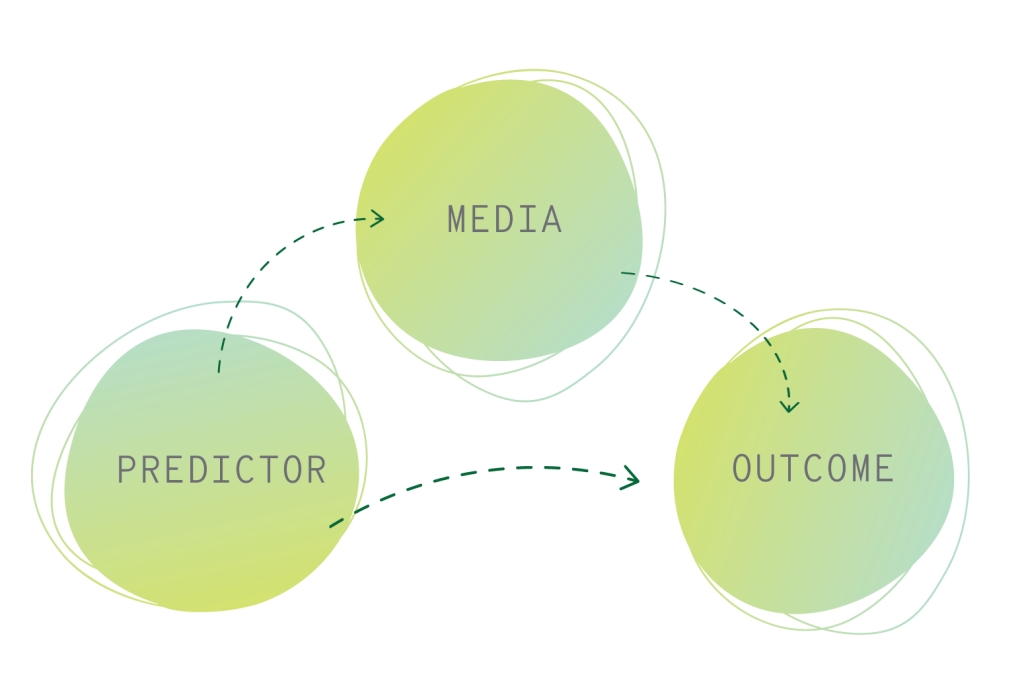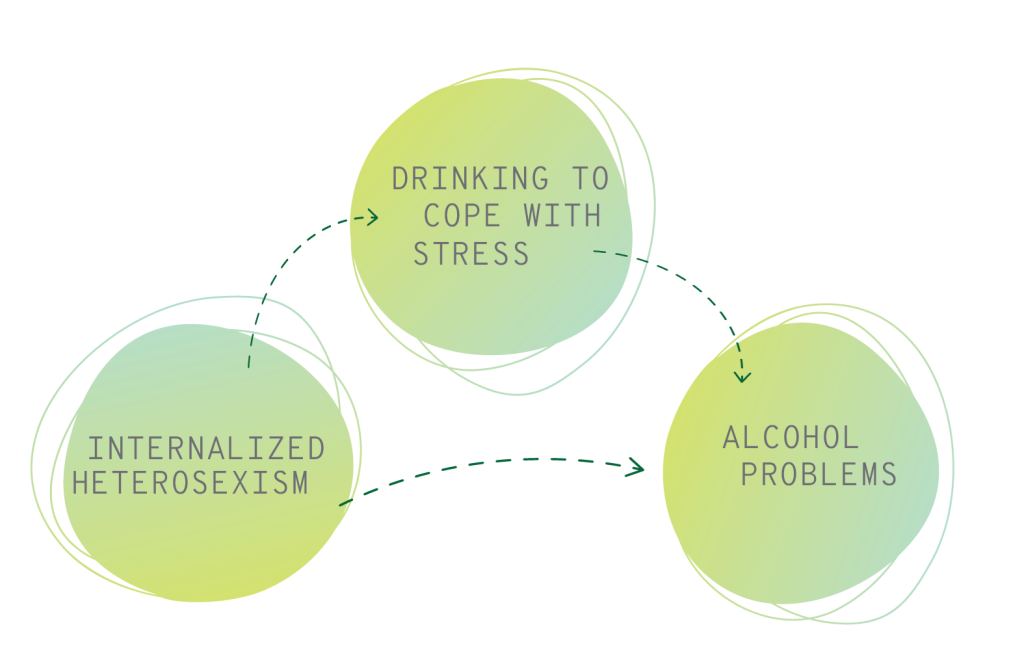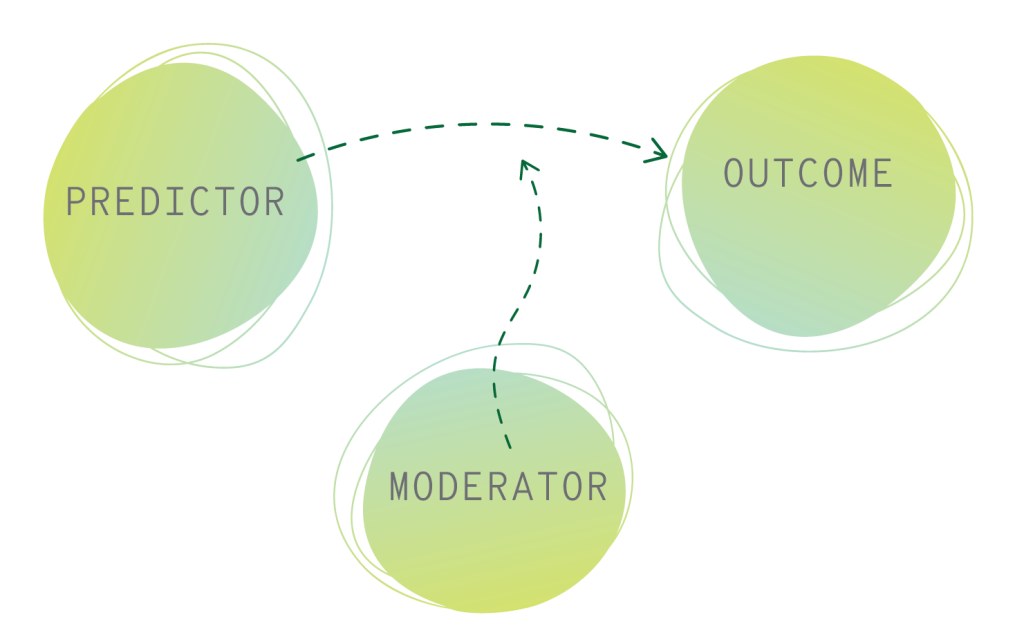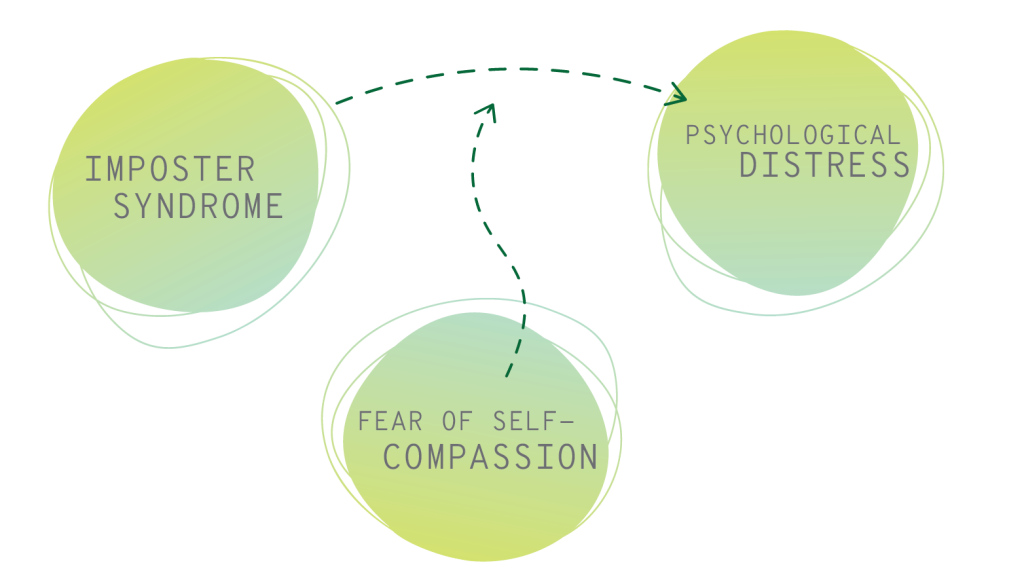But why? Mediation vs moderation
“But why? Mediation vs moderation,” by Marie Chesaniuk, PhD
f you’ve ever asked, “How did we get to this outcome?” Or, “I get that these two things are related, but why are they related?,” you might be asking what mediating variables make this process run the way it does.
If you’ve ever wondered, “Why did this work so much better for this client than that client?” you might be asking what moderating variables changed the strength of the relationship between your intervention and client outcomes.
Mediation and moderation both explore the How? and Why? of the way things work, but that’s where the similarity ends.
What is a mediator?
A mediator (or mediating variable) is an intermediary variable between a predictor (or Independent Variable, in experiments) and an outcome (or a Dependent Variable, in experiments.) It needs to meet some special criteria to be considered a mediator. As a process indicator, it is essential that the mediator occurs in the middle of the process: Predictors happen first, then cause the mediator, which in turn, leads to the outcome. In a full mediation, the mediator explains the full relationship between the predictor and the outcome. Without the mediator, the chain of events falls apart and so does the connection between the predictor and the outcome.

Example mediator
One example of a mediator comes from Kuerbis and colleagues’ 2017 report on how minority stress – in this instance, in the form of internalized heterosexism among men who have sex with men (MSM) – leads to poorer alcohol use outcomes among MSM. They found that internalized heterosexism predicted alcohol problems through increased drinking to cope with stress among MSM. MSM experience more alcohol problems because internalized heterosexism leads them to drink to cope with this form of minority stress.

So what do I do with that?
With this information, you might consider prioritizing healthy coping skills alongside self-acceptance in order to reduce problematic drinking among MSM. You might consider challenging stereotypes about the role of partying among MSM. You might also use this to incorporate intersectionality into your work, noting how the intersection of gender identity and sexual orientation come together in these men’s experiences.
What is a moderator?
A moderator is a variable that acts upon the relationship between the predictor and outcome, but is not caused by the predictor. For example, gender identity often influences the relationship between treatments and outcomes, but is not caused by the treatment. Whereas mediators “turn on or off” the influence of the predictor on the outcome, moderators strengthen or weaken the existing relationship or change its direction from positive to negative or vice versa. The relationship between the predictor and outcome would still exist without the moderator, but it would be different.

Example moderator
Liu, Wei, and Russel (2023) wanted to know who would benefit most from a brief self-compassion intervention targeting impostor syndrome among college students. They found that fear of self-compassion moderated the relationship between impostor syndrome and psychological distress: students who reported greater fear of self-compassion reported greater declines in psychological stress compared to students with lower fear of self-compassion. Severity of students’ fear of self-compassion changed who benefitted most from the self-compassion intervention: the greater the fear severity, the greater the benefits.

So what do I do with that?
You might use this information to decide who to use self-compassion with in your practice. It might shed light on why self-compassion worked so well for one client but not another. You might consider the role of severity in your clients’ outcomes.
Takeaways
- Mediators and moderators are how we ask Why? and How?
- Mediators are an essential link in the chain of events leading to outcomes
- Moderators are influential factors that change how predictors relate to outcomes
- Mediators and moderators give us opportunities to be more precise in our work and to incorporate intersectionality into our practice
The next time you find yourself asking Why? How?, look for the mediators and moderators that level-up your understanding of the therapeutic process.
Works Cited:
Kuerbis, A., Mereish, E. H., Hayes, M., Davis, C. M., Shao, S., & Morgenstern, J. (2017). Testing cross-sectional and prospective mediators of internalized heterosexism on heavy drinking, alcohol problems, and psychological distress among heavy drinking men who have sex with men. Journal of Studies on Alcohol and Drugs, 78(1), 113-123.
Liu, S., Wei, M., & Russell, D. (2023). Effects of a brief self-compassion intervention for college students with impostor phenomenon. Journal of counseling psychology.
About Us
Learn moreOur Care
Learn moreWhat We Treat
Learn more